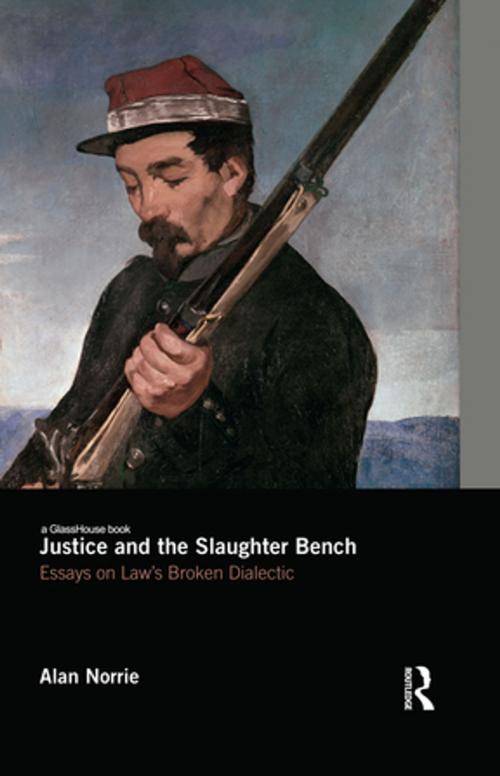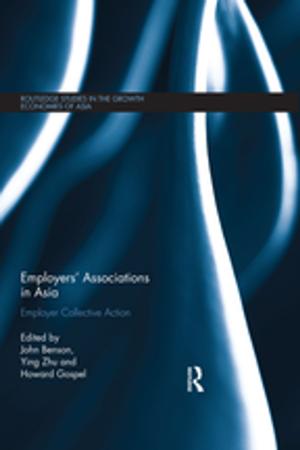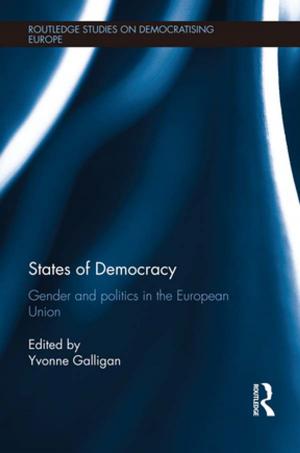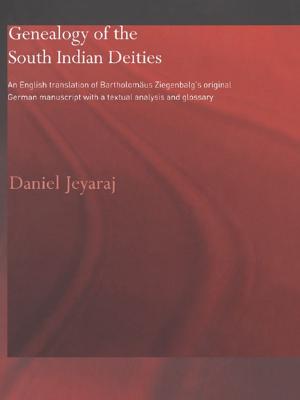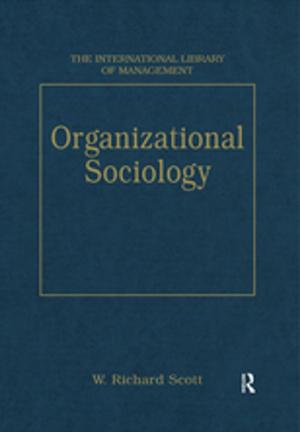Justice and the Slaughter Bench
Essays on Law's Broken Dialectic
Nonfiction, Reference & Language, Law, Jurisprudence, Criminal law| Author: | Alan Norrie | ISBN: | 9781317355519 |
| Publisher: | Taylor and Francis | Publication: | September 19, 2016 |
| Imprint: | Routledge | Language: | English |
| Author: | Alan Norrie |
| ISBN: | 9781317355519 |
| Publisher: | Taylor and Francis |
| Publication: | September 19, 2016 |
| Imprint: | Routledge |
| Language: | English |
In this follow-up to Law and the Beautiful Soul, Alan Norrie addresses the split between legal and ethical judgment. Shaped by history, law’s formalism both eschews and requires ethics. The first essays consider legal form in its practical aspect, and the ethical problems encountered (‘law’s architectonic’). The later essays look at the complex underlying relation between law and ethics (‘law’s constellation’). In Hegel’s philosophy, legal and ethical judgment are brought together in a rational totality. Here, the synthesis remains unachieved, the dialectic systematically ‘broken’. These essays cover such issues as criminal law’s ‘general part’, homicide reform, self-defence, euthanasia, and war guilt. They interrogate legal problems, consider law’s method, and its place in the social whole. The analysis of law’s historicity, its formalism and its relation to ethics contributes importantly to central questions in law, legal theory and criminal justice.
In this follow-up to Law and the Beautiful Soul, Alan Norrie addresses the split between legal and ethical judgment. Shaped by history, law’s formalism both eschews and requires ethics. The first essays consider legal form in its practical aspect, and the ethical problems encountered (‘law’s architectonic’). The later essays look at the complex underlying relation between law and ethics (‘law’s constellation’). In Hegel’s philosophy, legal and ethical judgment are brought together in a rational totality. Here, the synthesis remains unachieved, the dialectic systematically ‘broken’. These essays cover such issues as criminal law’s ‘general part’, homicide reform, self-defence, euthanasia, and war guilt. They interrogate legal problems, consider law’s method, and its place in the social whole. The analysis of law’s historicity, its formalism and its relation to ethics contributes importantly to central questions in law, legal theory and criminal justice.
